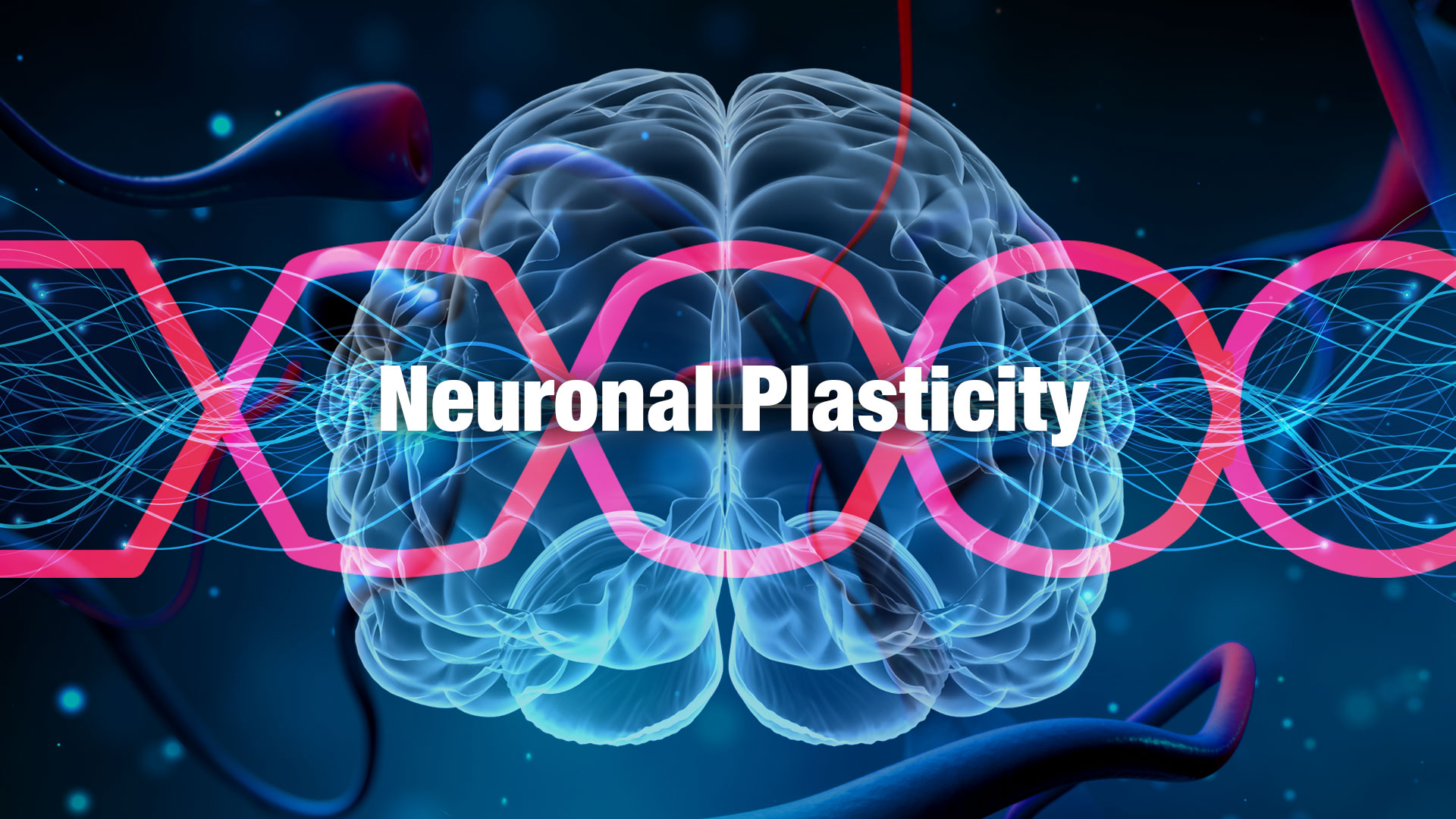Content Sections
By Meleni Aldridge, executive coordinator, ANH-Intl
Flexible. Agile. Supple. Malleable. Resilient.
I think you’ll agree that these are all words that convey a level of positive function. When something is flexible and agile, it’s also generally supple and has a certain degree of resilience that conveys malleability and a resistance to breaking. We know this so well when it comes to plastic objects. No matter how hard plastic is, it maintains a level of flex that makes it also resilient, which is why it’s become such a convenience (as well as a scourge) in modern life and in the environment.
When plastic is old, or oxidised from too much sun exposure, it loses its flexibility and malleability, and becomes brittle and prone to snapping or breaking. This process is so familiar to us, it’s spawned the word, ‘plasticity’, which also relates to plasticine, the putty-like modelling material many of us have played with as children.
Yet, plasticity is something that still seems so poorly understood when it comes to health. Particularly when applied to our brains.
Neuronal plasticity.
These two words that denote a state that each one of us should be shooting for every day. These words describe that rather yummy state when our brains are firing on all cylinders, when we have agility of thought, flexibility of emotional balance, remarkable problem-solving capability, an endless supply of dynamic creativity, and resilience in the face of stress. We have the kind of brain flow that evolution has bestowed upon us to ensure the survival of the Homo sapiens sapiens species.
It’s not a physiological pipe dream either, we really have been designed like this. Despite the extent of mental health and neurodegenerative diseases sweeping the globe, our best route back to healthy brain function (if the degeneration hasn’t gone too far), or protecting our brains for the future require similar intervention. The good news: this is within reach through nutrition and lifestyle changes.
It should come as no surprise that food, sleep and activity, when applied in an evolutionary-rational way, still remain three of the most powerful medicines known to us, and they’re something we all have within our personal control. How empowering is that?

BDNF – an evolutionary failsafe
Brain Derived Neurotrophic Factor (or BDNF for short) is a protein produced by the brain that is essential for the growth, repair, and maintenance of nerve cells. It’s our brains’ growth hormone, which you may also see referred to as a neurotrophin. BDNF has played a key role in the evolution of the human brain by helping to shape the development of our neural (nerve) circuits, which enabled the emergence of higher cognitive functions that allowed us to problem-solve, protect ourselves from threats and continue to find food.
BDNF was first identified in the early 1950s by Nobel Prize-winning scientist, Dr Rita Levi-Montalcini. In recent years, the role of BDNF in mental health in particular, has become increasingly clear. Healthy brain function depends on the constant growth of new nerve cells (neurons), the recycling of the old ones (neuronal autophagy), as well as the speed of conduction through them and across the synapses (‘junction boxes’) between them.
Although BDNF is one of the most studied molecules in neuroscience, found to play a critical role in learning and memory, as well as in the regulation of various cognitive, emotional, and motor functions, there is still very little about it in conventional medicine that is filtering through to the end user. People like you and me!

Neurons and synapses in the brain and nervous system.
BDNF plays a definitive role in the growth of new neurons and in their survival, maturation and differentiation (the ability to make new cells in the right forms for the brain’s immediate requirements). The plasticity (think of the malleability and resilience of plasticine) of the entire nervous system depends on BDNF, but it’s also essential for the proper functioning of the hippocampus, which is involved in learning and memory.
Reduced BDNF is seen in all neurodegenerative diseases, such as Alzheimer's and Parkinson’s disease, both of which are increasing in prevalence at a disturbing rate. Yet, high BDNF levels, make you much more resistant to stress and lowered levels leave you very vulnerable to stress, no matter your age.
The brain and nervous system are just as susceptible to inflammation as other tissues in the body. It’s just that difficulties in concentrating, being motivated or sleeping, as well as being chronically stressed, don’t trigger alarm bells in the same way as other system or organ dysfunction might. However, these are all signs of neuroinflammation and if left unchecked, will result in lower levels of BDNF that can put you on the super highway to neurological disorders, diseases and dysfunction.
There is a strong relationship between dopamine (the ‘go-getting’ neurotransmitter), serotonin (the ‘happy hormone’) and BDNF. Low levels of dopamine have been linked to depression (also indicated in Parkinson's Disease), while low serotonin levels have been associated with anxiety. BDNF is involved in the regulation of both of them and all are strongly affected by what we eat, our activity levels and how we live, because they are all an integral part of our human evolution.
Increasing BDNF levels
Returning to a diet that is more aligned with our evolutionary, keto-adapted (fat-burning) norm is the most effective way to restore balance in the body, and to support our BDNF levels. It’s one of the reasons why we’re so passionate about our Food4Health Guidelines, and the eating protocol we lay out in detail in our book, RESET EATING, to shift you slowly and gently from being a sugar-burner eating lots of starchy, refined carbs, to igniting your fat-burning pathways and running your body on the fuel source Nature always intended.
>>> Read more about RESET EATING
Step one is to ensure that you are eating a diverse, wholefood, unprocessed diet rich in colourful plant foods, that’s also rich in antioxidants, vitamins and minerals, healthy fats and good quality protein — but uber low in simple, refined carbs and sugars (including fruit sugars). Stopping snacking and engaging in caloric restriction through intermittent fasting is one of the fastest ways to trigger a suite of positive, evolutionary, health protective, downstream effects.
Once you can hit the magic 16-18 hour fasts you speed up the clearing of debris and old cells (neuronal autophagy) in the brain (and the body follows suit) and trigger the creation of new nerve cells through increased levels of BDNF. This in turn supports the production and functioning of essential neurotransmitters, the chemical messengers that, alongside hormones, run your body’s communication system. Dopamine and serotonin are two that may be familiar to you.
Additionally, getting adequate sleep, managing stress, and avoiding drugs and alcohol all play their part. If you're suffering with any form of neuroinflammation, alcohol is not your friend. You may feel more relaxed after a few drinks, but the alcohol will only serve to drive the neuroinflammation into a vicious spiral. Earthing, breathwork, music, meditation and ‘me-time’ are all much better choices, alongside eating in a nutritionally keto-adapted way with intermittent fasting.
Unsurprisingly, activities that can affect BDNF, dopamine and serotonin levels negatively include chronic stress, lack of sleep, excessive alcohol consumption, excessive caffeine consumption and drug abuse. As we’re talking here about nerve cells and neurotransmitters, engaging in negative or unproductive behaviours, such as procrastination, blaming and shaming self-talk, dark thoughts and suppression of anger and rage, can also reduce serotonin and dopamine levels leading to impaired mood balance and deep unhappiness.
As with every aspect of health, good gut function plays a very important part here too. Not only for the proper assimilation of nutrients which are needed to make neurotrophins like BDNF and neurotransmitters like serotonin and dopamine, but also because the majority of your serotonin (around 90%) is actually made in the enterochromaffin cells of the gut. Only about 10% is made in the brain, particularly in the raphe nuclei cells of the brain stem. Yet another gut-brain connection.
Serotonin may be a neurotransmitter, but it also works like a hormone, so doesn’t only exert an effect on mood. It also plays a key role in many other functions such as learning and memory, regulating appetite, sleep, sexual behaviour, wound healing, digestion and temperature. If your gut is out of balance or showing signs of dysbiosis, it can lead to an imbalance of serotonin, which can then directly impact your mental health and increase the risk of depression, anxiety and mania, to name just a few related mental health disorders.
Physical activity and BDNF
Nature has seen to it that regular exercise and exposure to sunlight, both of which were in abundance during our evolution, offer us two key ways of boosting BDNF levels. We have literally been built to move outdoors and to be exposed to the healing and stimulating photons of the sun on a regular basis. Every aspect of our body functions better when we are active in nature, which is why the sedentary behaviours, coupled by indoor living, that have become such features of our modern world, can be so damaging and such big triggers of so many of the diseases that now afflict so many.
Physical activity protects against neurological diseases and disorders because it stimulates and enhances the production of BDNF. In beautiful synchronicity, BDNF is also stimulated by serotonin and the aptly named serotonin-BDNF loop is stimulated by regular aerobic exercise. The more active you are, the more serotonin you make and the more BDNF you produce; the more BDNF you produce, the more serotonin you make, and so on and so on. Without going into further detail, there’s a similar mechanism with dopamine and insulin-like growth factors (IGFs) that are also involved in the growth of our nerve cells.
Beautiful in its apparent simplicity, isn’t it?
In this way, physical activity also positively influences the extreme features of stress, particularly when combined with social interaction. That helps us understand why so many people become so passionate about sports. There are multiple studies that show that regular physical activity provides a higher level of stress tolerance, which widens our adaptive range and builds the resilience in our brains and nervous systems when faced with any kind of stressor, particularly psychological and emotional ones. If that wasn’t enough, another key benefit of exercise is the dampening of systemic inflammation and the consequent reduction in neuroinflammation and neurodegeneration. That’s the recipe for a healthy brain for life.
Protecting your brain
I’d like to leave you with one last brain-pearl. Inflammation in our bodies is triggered by chemical messengers called cytokines. One of the most damaging ones for our brains is the inflammatory marker, tumour necrosis factor (TNF) alpha (often written as TNF-α). This is a strongly proinflammatory messenger and the key initiator of inflammation in multiple organ systems, including the brain.
Clinical evidence shows that TNF-α plays a central role in the development of Alzheimer’s disease, which may be 20 to 30 years in the making before symptoms appear. Yet, Nature, as always, has provided us a voluntary antidote. Physical activity that creates muscle contraction has been shown to produce another chemical messenger cytokine called interleukin-6 (IL-6) that’s a master player in the inflammatory response. IL-6 can be pro or anti-inflammatory, but is one that dampens the formation of TNF-α. Another beautiful example of synchronicity in the form of a feedback loop.
If you are able, please include some moderate or intense activity into your day, every day, if for no other reason, than to protect your brain. And if you have a choice to do it outdoors rather than indoors, choose the former, especially if you’re able to catch a few rays in the process.

>> Feel free to republish - just follow our Alliance for Natural Health International Re-publishing Guidelines
>>> If you’re not already signed up for our weekly newsletter, sign up for free now using the SUBSCRIBE button at the top of our website – or better still – become a Pathfinder member and enjoy benefits unique to our members.
>>> Return to homepage








Comments
your voice counts
31 March 2023 at 6:47 am
Loved this, Melanie. I’ve recently been researching BDNF and ketogenic diet too so this really rang a bell. I find it so motivating when we know WHY things are ‘good for us’!
Your voice counts
We welcome your comments and are very interested in your point of view, but we ask that you keep them relevant to the article, that they be civil and without commercial links. All comments are moderated prior to being published. We reserve the right to edit or not publish comments that we consider abusive or offensive.
There is extra content here from a third party provider. You will be unable to see this content unless you agree to allow Content Cookies. Cookie Preferences